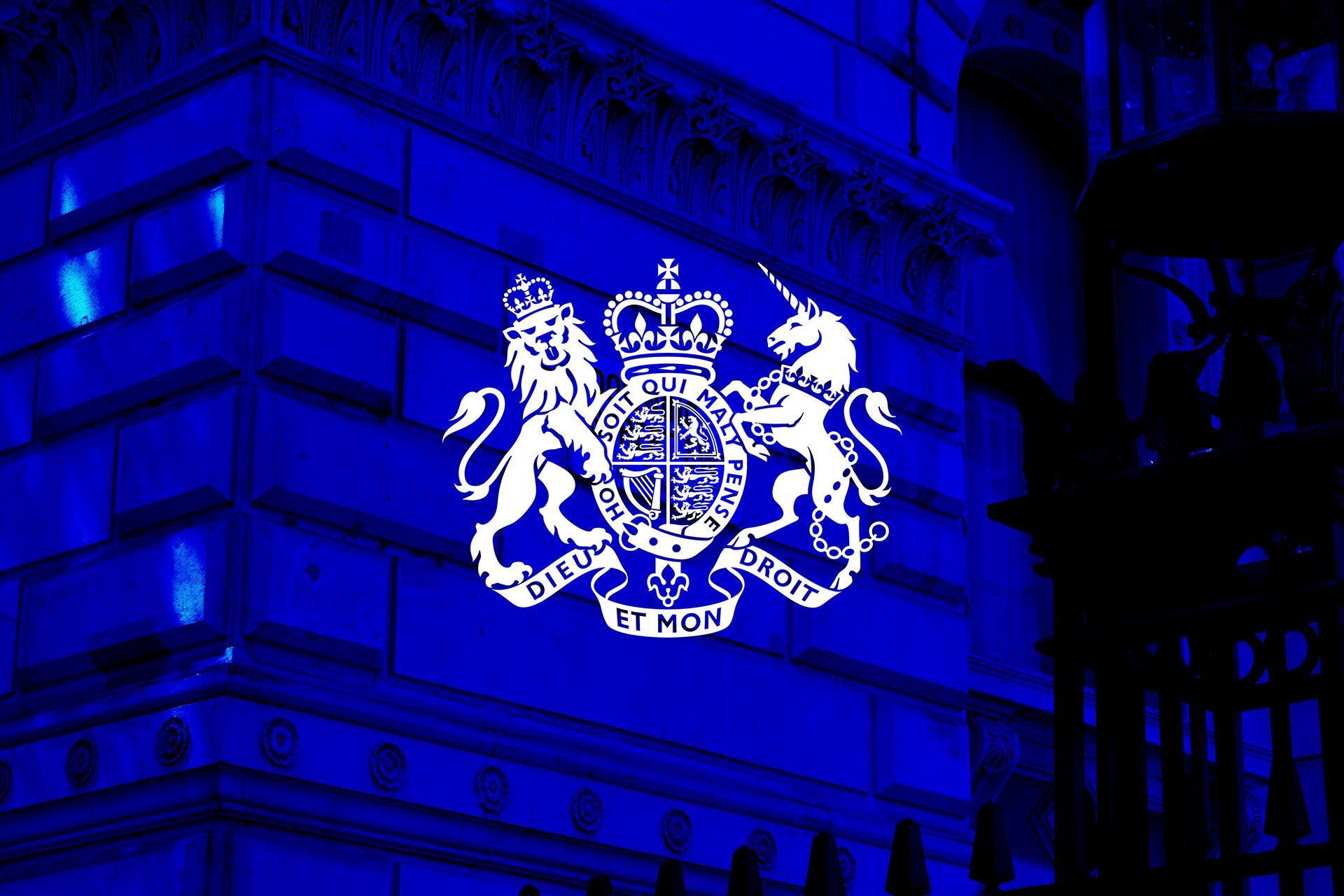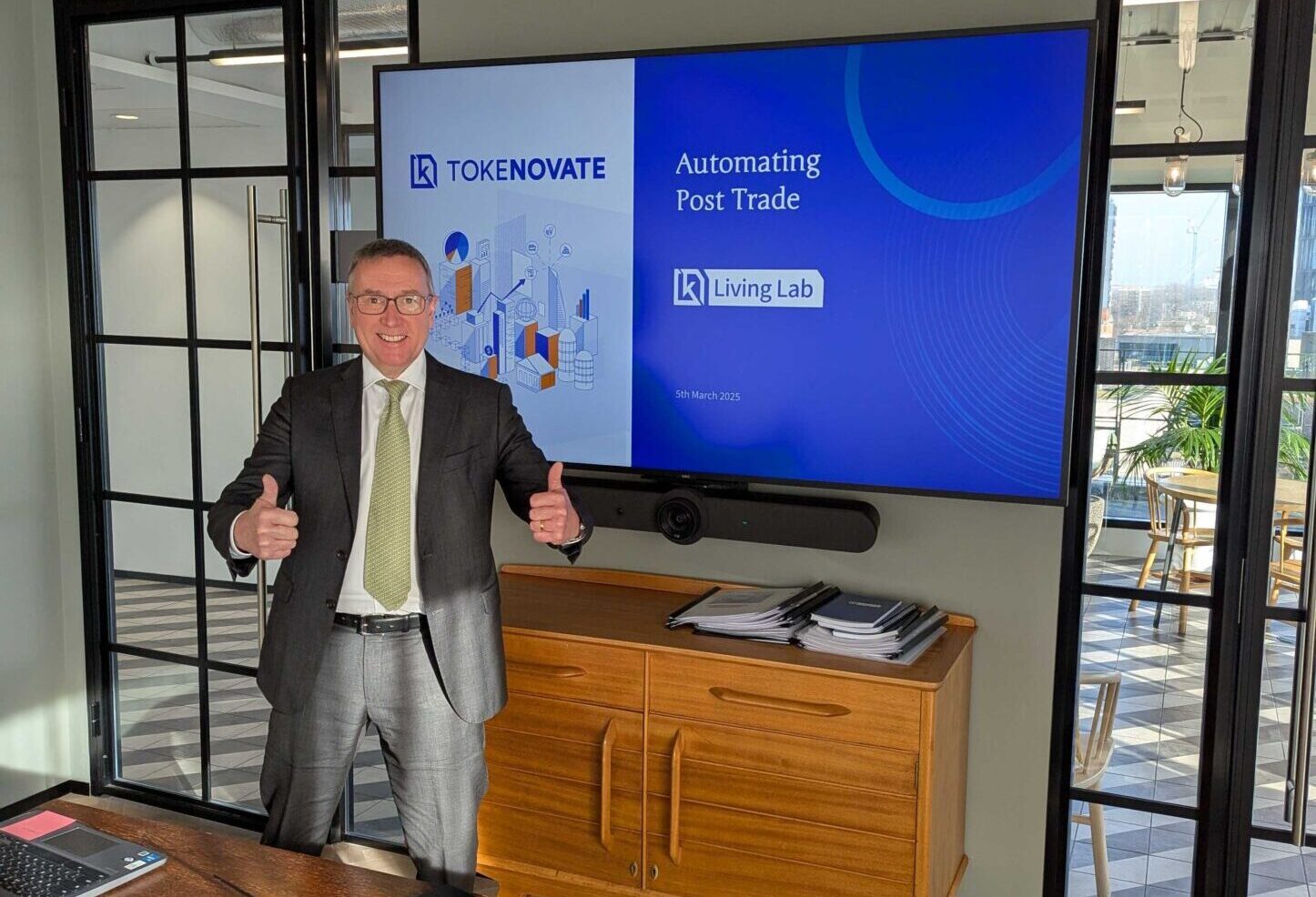It was 30 years ago that Nick Szabo proposed the concept of “smart contracts” for the execution of a structured derivative*. His vision was to deconstruct the product’s complexity using computer analysis, leading to simpler contracts that could be traded with low transaction costs. He defined smart contracts as computerised self-executing, self-verifying transaction protocols which further extended the existing digital methods, e.g. electronic transactions and payments.
So why hasn’t this ground-breaking idea of smart contracts become an industry standard? The simplest answer is: no platform has yet been able to execute such contracts fully. However, with the advent of distributed ledger technology (DLT) – ie. the blockchain, smart contracts can finally become a reality.
Now derivative products, which typically include complex legal terms and multiple payments, can be executed and maintained for the duration of the trade lifecycle on the blockchain. Any bilateral payments could be automatically triggered, calculated and paid during the lifecycle of the trade by using predefined conditions encoded at the time of execution. Any external or real time information needed to perform these calculations can be sourced by linking the smart contract via an API or an external oracle.
This seamless automation makes the smart contract considerably superior to traditional contracts, decreasing transactional risk, diminishing any post trade management and reducing service costs. By deploying this method of trade management, human intervention and monitoring could be almost entirely eliminated, generating savings that surpass both off-shoring and outsourcing.
As DLT evolves, so does its potential to improve existing market norms. A number of industries are now rolling out solutions using a few different networks (such as Ethereum or R3). But, in our view, it’s only the original Bitcoin Protocol, BitcoinSV – the chain that most closely delivers on the original promise of the bitcoin whitepaper, that has the inherent power to fully exploit the benefits and satisfy the market’s appetite to switch over to true smart contracts.
The International Swaps and Derivatives Association (ISDA) too has recognised the potential of the smart contract. Over the past few years, ISDA has actively engaged in exploring its full potential. This includes the publishing of a series of in-depth articles and guidelines on smart derivatives contracts, as well as releasing enabling software such as the CDM and ISDA Create. These efforts aim to progress standardisation of ISDA’s contracts and trade confirmations to facilitate the inclusion of legal terms directly in programmatic contracts.
In addition, ISDA has collaborated with leading law firms, including Clifford Chance and Linklaters, to explore the legal implications associated with executing legal contracts on the blockchain. Are smart contracts legally enforceable contracts? What are the rights and obligations under them? Do we need additional laws to cope with DLT? What are the implications for cross border governing laws across multiple jurisdictions? Do we need a “law of the platform” regardless of the jurisdiction of the parties involved? These are all pertinent questions in determining market confidence to move to smart contracts.
Whilst we see parts of the derivative trade lifecycle already using DLT, we are yet to witness anyone truly managing the full trade cycle from the negotiation of an ISDA contract to all the associated settlements being done using DLT.
For example, HBSC and Wells Fargo launched a joint DLT solution in December 2021 for FX payments, and have settled in excess of $200 billion. In 2022, Goldman Sachs launched its multi-asset platform that is built on a private blockchain. The platform was inaugurated in conjunction with the European Investment Bank, by hosting the issuance of €100 million denominated digital bonds. And just this month, the Bank of England announced that it has successfully tested the use of DLT. “Project Meridian”, an effort by the BoE together with the Bank of International Settlements (BIS), used DLT to link the central bank’s real time gross settlement system (RTGS) to other market infrastructures and ledgers. Being able to link up directly with other systems will enable central banks to make huge savings for every transaction processed.
These efforts to experiment with the potential of the DLT and smart contracts reinforce the real possibility of Nick Szabo’s vision becoming the de facto standard across the derivatives world. To maintain market confidence, it is crucial that regulators, judiciaries, national authorities and policy makers align to facilitate the evolution of a global smart contract/DLT framework with the utmost urgency.
Tokenovate operates at the forefront of this movement, providing distributed financial market infrastructure enabling programmatic full lifecycle event management of the pre-trade to post-trade workflow for OTC and Exchange traded derivatives. And we are doing it in a secure, compliant yet intuitive way!
*Szabo, Nick. (1994) “Smart Contracts”. https://www.fon.hum.uva.nl/rob/Courses/InformationInSpeech/CDROM/Literature/LOTwinterschool2006/szabo.best.vwh.net/smart.contracts.html
*Szabo, Nick. (1996) “Smart Contracts: Building Blocks for Digital Markets”. https://www.fon.hum.uva.nl/rob/Courses/InformationInSpeech/CDROM/Literature/LOTwinterschool2006/szabo.best.vwh.net/smart_contracts_2.html
Further reading:
Legal-Guidelines-for-Smart-Derivatives-Contracts-Introduction.pdf (isda.org)
Private-International-Law-Aspects-of-Smart-Derivatives-Contracts-Utilizing-DLT.pdf (isda.org)
Central Banks Successfully Test DLT in Linking Financial Settlement Systems (coindesk.com)


